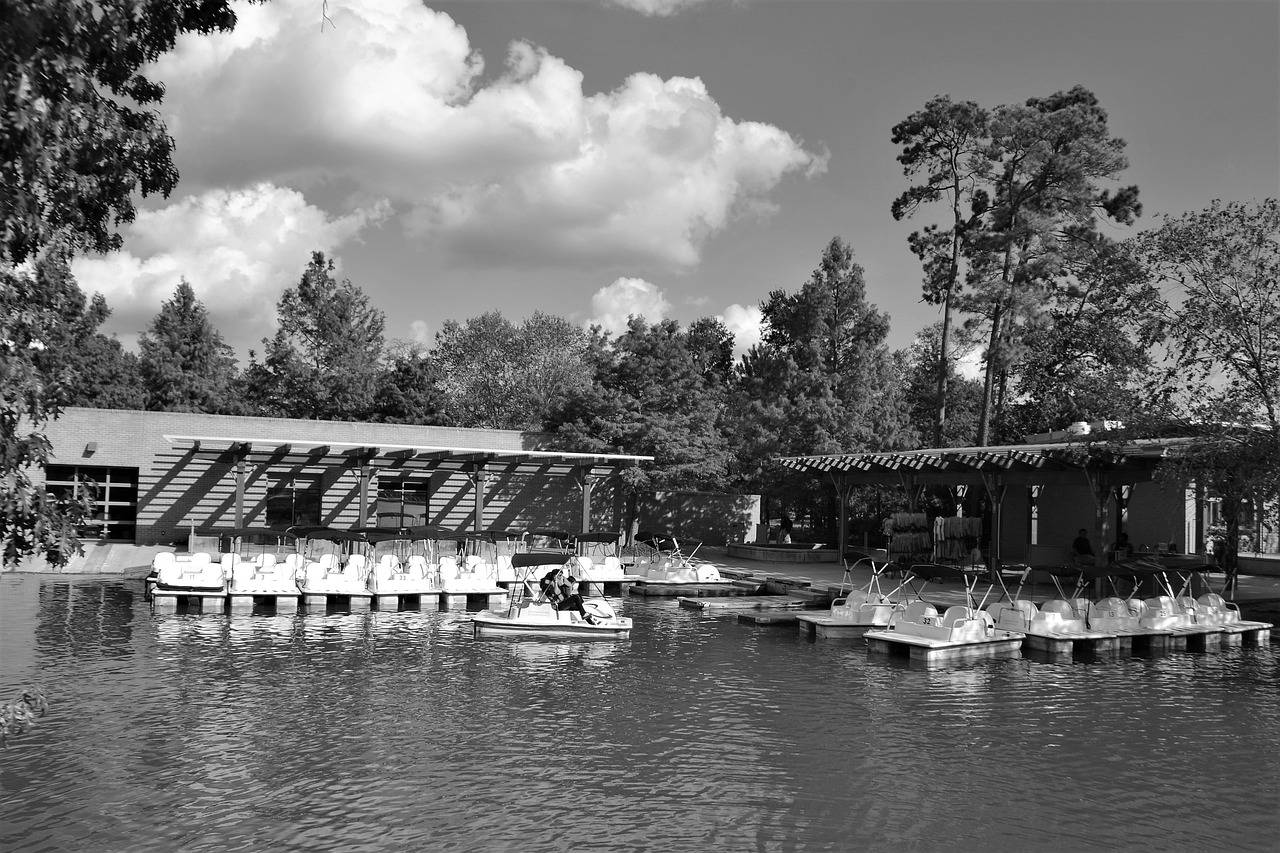Pathological Perspectives on Indigenous Peoples Health in the Arctic: Golden exchange id, Cricbet99 register, King casino 567
golden exchange id, cricbet99 register, king casino 567: Pathological Perspectives on Indigenous Peoples Health in the Arctic
Living in the Arctic region presents unique challenges for Indigenous peoples when it comes to their health and well-being. Pathological perspectives on this issue shed light on the specific factors that contribute to the disparities in health outcomes experienced by these populations.
Historical Trauma
The legacy of colonization and forced assimilation has had a lasting impact on the health of Indigenous peoples in the Arctic. Historical trauma has been linked to higher rates of substance abuse, mental health issues, and chronic diseases among these populations.
Environmental Factors
The harsh Arctic environment can also take a toll on the health of Indigenous peoples. Limited access to nutritious foods, exposure to extreme weather conditions, and the challenges of remote living all contribute to higher rates of certain health conditions in this population.
Cultural Barriers
Cultural differences can pose barriers to accessing healthcare services for Indigenous peoples in the Arctic. Language barriers, lack of culturally sensitive care, and a disconnect between Western medical practices and traditional Indigenous healing methods can all impact the quality of care received by these populations.
Social Determinants of Health
Social determinants of health, such as poverty, lack of education, and social isolation, play a significant role in the health outcomes of Indigenous peoples in the Arctic. Addressing these underlying factors is crucial for improving the overall health and well-being of these populations.
Community-Based Solutions
Efforts to improve the health of Indigenous peoples in the Arctic must be community-driven and culturally sensitive. Community-based interventions that incorporate traditional healing practices, promote cultural revitalization, and address social determinants of health have shown promise in improving health outcomes for these populations.
Public Health Policy
Public health policies that prioritize the needs of Indigenous peoples in the Arctic are essential for addressing the disparities in health outcomes experienced by these populations. Advocating for policies that promote equitable access to healthcare, support traditional healing practices, and address social determinants of health is crucial for improving the overall health and well-being of Indigenous peoples in the Arctic.
FAQs
Q: What are some common health issues faced by Indigenous peoples in the Arctic?
A: Common health issues include higher rates of chronic diseases, mental health issues, substance abuse, and infectious diseases.
Q: How can cultural barriers be addressed in healthcare settings?
A: Healthcare providers can receive training on cultural competence and work with Indigenous communities to develop culturally sensitive care practices.
Q: What role can traditional healing practices play in improving the health of Indigenous peoples in the Arctic?
A: Traditional healing practices can complement Western medical treatments and provide holistic care that addresses the physical, emotional, and spiritual well-being of individuals.
In conclusion, understanding the pathological perspectives on Indigenous peoples health in the Arctic is crucial for developing effective interventions that address the unique challenges faced by these populations. By addressing historical trauma, environmental factors, cultural barriers, social determinants of health, and implementing community-based solutions and public health policies, we can work towards improving the health and well-being of Indigenous peoples in the Arctic.







